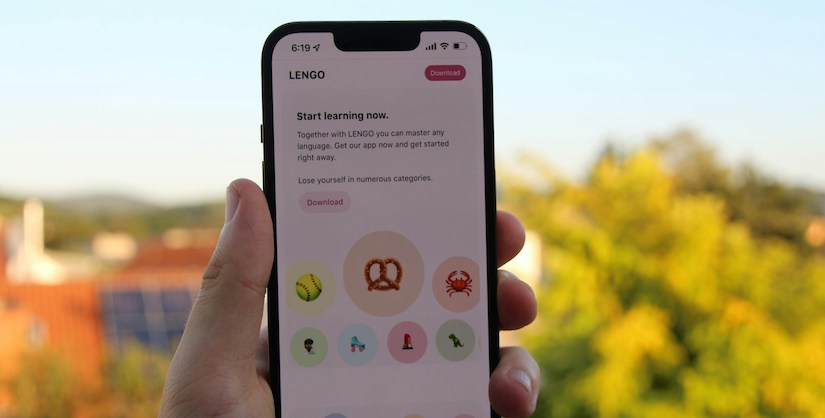Language is a fundamental human ability. One that allows us to connect, share ideas, and shape our views. But how do we acquire this complex skill? The case of Genie, the feral child discovered in 1970, raises a question. Is there a critical period for optimal language learning?
Who is Genie?
Genie's story is harrowing. She was isolated and deprived of human interaction for most of her childhood. She needed to gain exposure to spoken language. But despite extensive rehabilitation efforts, Genie's language development remained limited. She could recognise words and form basic sentences. But fluency and grammatical knowledge eluded her. This case, along with similar stories of neglected children, raises questions about language acquisition.
What is the critical period for language learning?
A critical period was proposed by Eric Lenneberg in 1967. The critical period hypothesis suggests a biologically determined window. During this, the brain is most receptive to language acquisition. He argued that this period falls between 18 months and puberty. The preschool years are especially crucial. They set the stage for effortless language development. His theory aligns with observations that young children are sponges for language. Conversely, adults often struggle with fluency in a second language.
Is there evidence for a critical period?
Genie's case is dramatic. It's important to consider its limitations. Note the extent of her pre-rescue experiences and potential developmental delays. These make it a difficult case study to measure. Also, there are other factors. Genie had partial blindness. This might have influenced her learning abilities.
Research paints a more nuanced picture. There are studies on children who were deaf from birth. They received sign language later in life. They have shown they can achieve significant fluency. It’s just not always at the same level as those exposed to it from infancy. This suggests that while a critical period influence mastering pronunciation, overall language acquisition can still occur. It just takes more effort.
Neuroplasticity and language learning
The brain has a remarkable ability to adapt and change throughout life. This is neuroplasticity. It challenges the idea of a rigid critical period. Early exposure undoubtedly plays a role in language development. But the brain retains a certain degree of plasticity, even in adulthood. This allows adults to learn new languages. It also helps them improve their vocabulary and refine their communication skills.
Even if a strict critical period doesn't exist, the benefits of early language exposure are undeniable. Children who are exposed to rich language environments tend to develop stronger language skills. These include:
- Better vocabulary
- Fluency
- Grammatical knowledge
This early foundation sets the stage for future success.
The question of a critical period is complex. Genie's case highlights the importance of early exposure. This being said, it doesn't paint the whole picture. The human brain shows remarkable plasticity. This allows for learning throughout life. It has varying degrees of ease. Perhaps we should consider a spectrum of learning. Early exposure provides a strong foundation. Later learning requires more effort and strategy.


